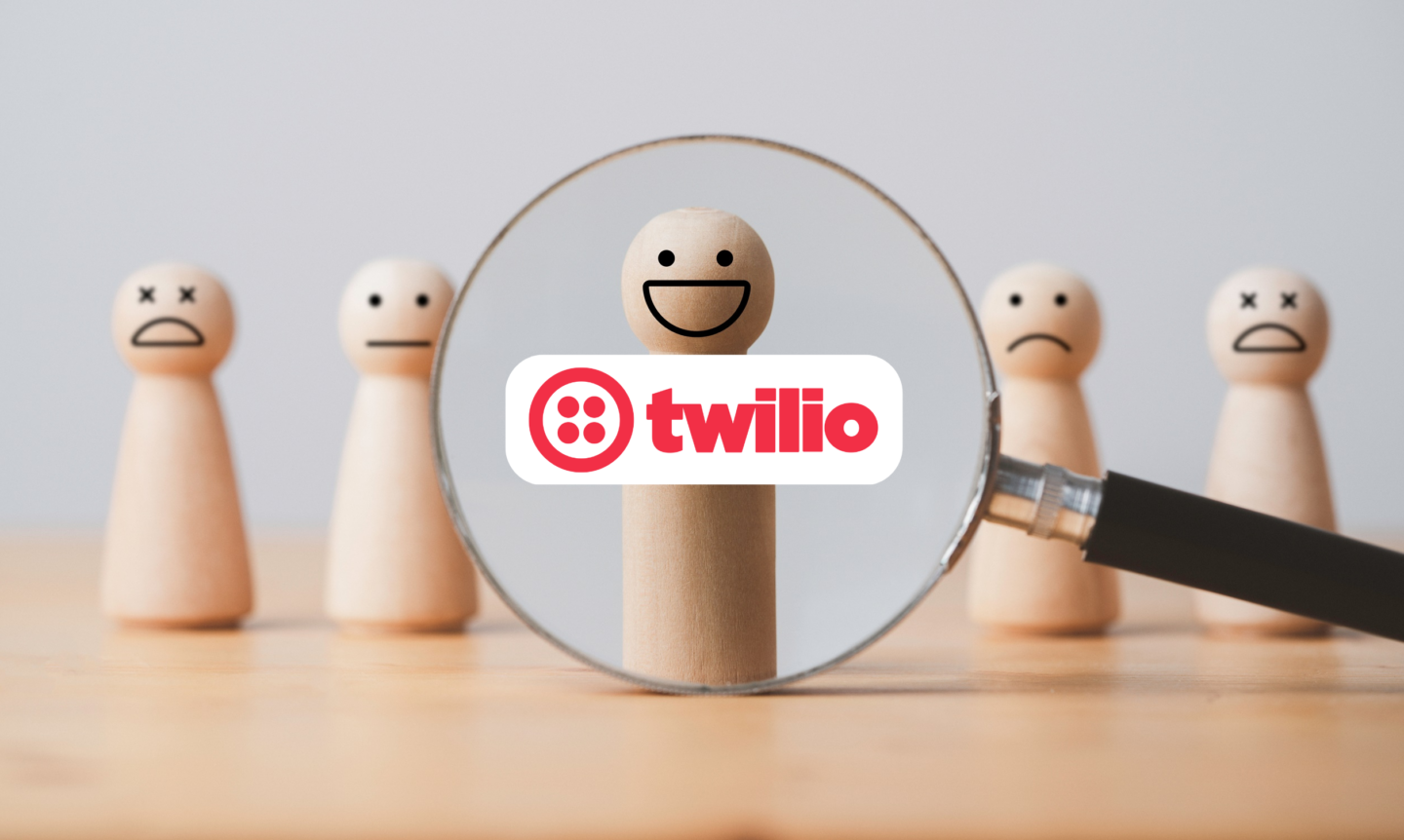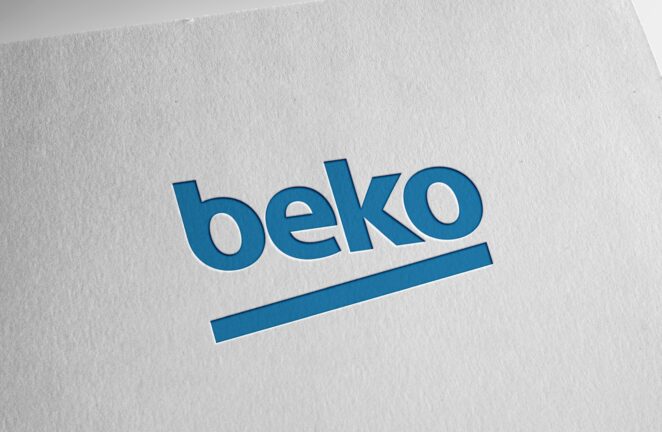Investing in customer engagement can help companies achieve their financial goals and increase revenue growth, even in challenging economic conditions. Twilio's State of Customer Engagement Report found that brands that invested in digital customer engagement showed a 90% increase in revenue on average, up from 70% the previous year.
Companies that prioritize customer engagement reported improved customer retention, conversion rates, and long-term loyalty. Additionally, six out of 10 companies stated that investing in digital customer engagement improved their ability to meet the changing needs of their customers.
“In this macroeconomic climate, every business is looking to do more with less budget. This research reflects what we’re hearing across our customer base, which is that when brands use first-hand data to personalize engagement with customers, it saves companies meaningful marketing spend and increases lifetime value. For brands facing growing headwinds, this means ROI today,” said Joyce Kim, chief marketing officer at Twilio.
Twilio's latest research dives into crucial consumer trends, including personalization, data privacy, and trust. The study emphasizes the importance of leveraging zero- and first-party data - direct data collected from customer interactions - to enhance customer experience and increase the lifetime value of customers.
Key insights
Research showed that consumers wish to shift to a cookieless future, with almost one-third consistently rejecting cookies on websites. Moreover, 65% of consumers prefer brands to use only first-party data for personalizing their experiences. Still, the study finds that 81% of brands still rely on third-party data.
The level of consumer dissatisfaction with inconsistent digital experiences is increasing. The study showed that over the past year, 51% of consumers have reported feeling frustrated with their interactions, compared to 46% in the previous year.
Additionally, 86% of consumers are more loyal to brands that provide real-time personalized experiences. Consumers spend 21% more on brands that personalize their experiences.
The study also revealed that brands often overestimated the level of trust consumers had in them. Most consumers (95%) desire greater control over their customer data, with "identity data" being their top priority. The study found that 4 in 10 consumers have stopped doing business with a brand because it failed to meet their needs.
Personalization strategies
Twilio's research categorized B2C companies into three groups based on their level of customer engagement maturity: customer engagement leaders, framers, and beginners. The study found that customer engagement leaders - those who have the most advanced strategies for personalization, utilization of first-party data, and high digital engagement - reported significant benefits and increased revenue growth compared to those with less advanced customer engagement strategies.
- As many as 82% of customer engagement leaders were able to achieve their financial targets for 2022. In contrast, only 62% of those considered customer engagement beginners were able to meet those goals for the same period.
-
Research showed that 40% of customer engagement leaders reported a significant increase in customer retention rates compared to previous years, whereas only 12% of beginners experienced the same.
-
Similarly, 41% of engagement leaders reported a significant increase in customer conversion rates over the previous years, compared to only 15% of beginners.
In addition, Twilio Segment's fourth annual Customer Data Platform Report from the beginning of the year showed that customer data platforms (CDPs) have become important for companies as they are dealing with more customer data than ever before.










